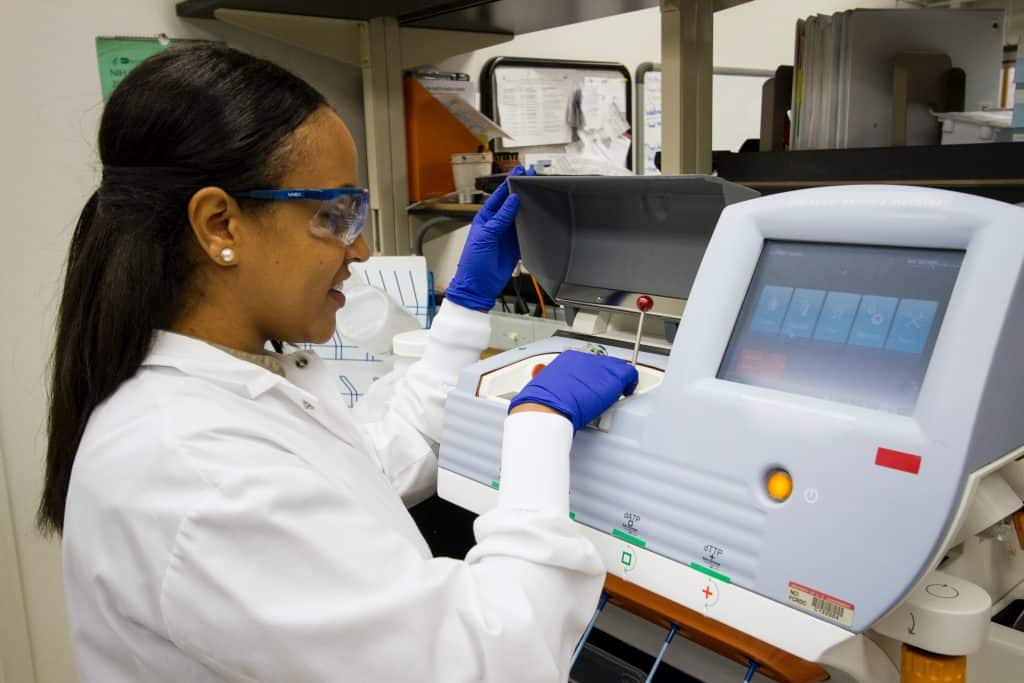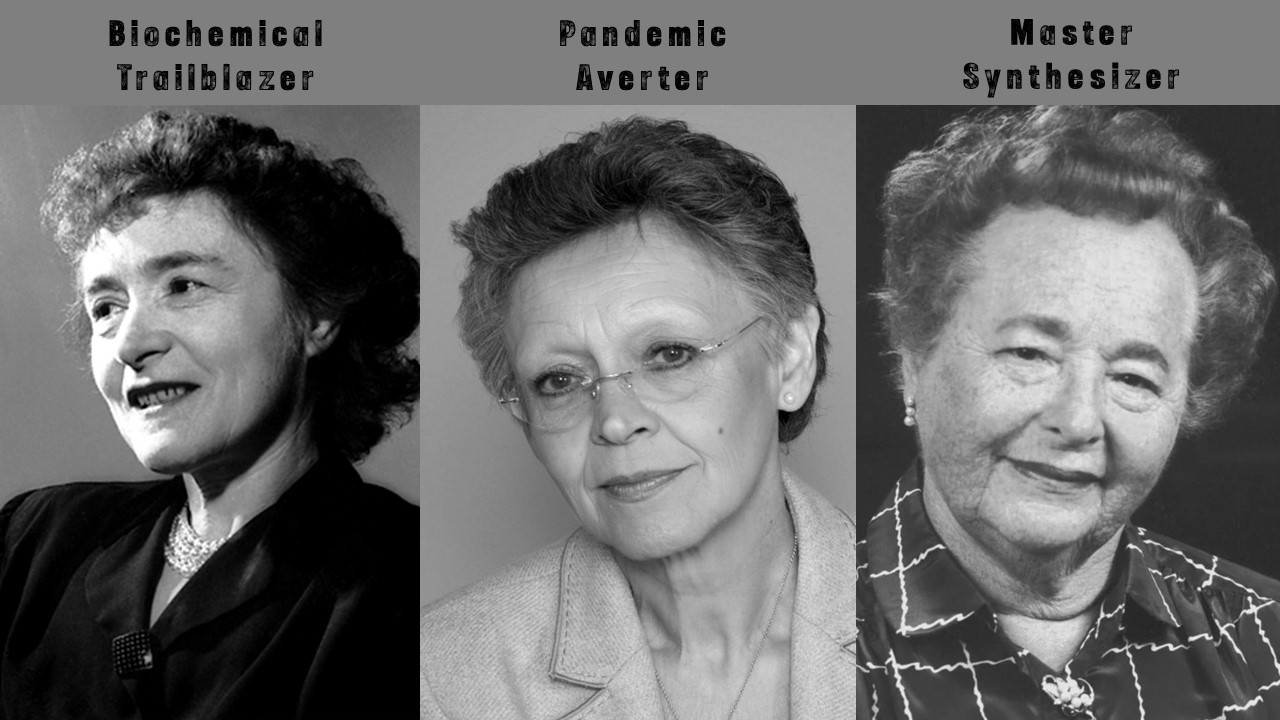
Given the considerable seismic shifts occurring in the pharmaceutical and life sciences sectors recently, it is no surprise that the major trends and investments of 2021 have seen a similar change in focus. Alzheimer’s Disease, genome editing and cellular therapy are three areas which will see increased investment from the pharma industry in the coming months.
R&D: Alzheimers
Dementia is an umbrella term to describe degenerative neurological disorders which result in significant cognitive impairment that impacts daily life. Symptoms often manifest as problem-solving issues, short-term memory impairment and language difficulties. Alzheimer’s is a specific cause of dementia characterised by early clinical symptoms including depression and difficulty remembering short-term conversations. Late symptoms include confusion, poor judgement, behavioural changes and eventually walking. With an ageing global population, Alzheimer’s presents an unmet clinical condition. As of 2021, there is no cure for Alzheimer’s disease, with only poor symptom management available for patients.
The current drugs available on the market aim to manage the symptoms of Alzheimer’s, but none can “slow or stop the damage and destruction of neurons that cause Alzheimer’s symptoms”. Psychosis is a particularly difficult symptom that can present in Alzheimer’s with disease progression. Psychosis is a psychiatric symptom in which an individual fails to distinguish fiction from reality. It can include vivid visual and auditory hallucinations. Unfortunately, ”no drugs are specifically approved by the FDA to treat behavioral and psychiatric symptoms”. Psychosis is one of multiple behaviour and psychiatric symptoms that manifest in “almost all patients with dementia in the course of their disease”.
Aducanumab is the only drug of the five approved by the FDA which shows potential to slow progression of the disease. Hence, a significant amount of time and resources are being funneled into Alzheimer’s research to better understand the pathophysiology. A study published May 15, 2021 a new comprehensive model of Alzheimer’s was published. The longitudinal model is to be used as a prognostic tool which “effectively reproduces the observed course of AD from an initial visit assessment”. The aim of which allows clinicians to project “coordinated developments for individual patients of multiple disease features.”
Alzheimer’s has recently seen significant investment for novel drug trials in rare forms of the disease. The Alzheimer’s Association, in partnership with the GHR Foundation, has committed $14 million to Tau Next Generation. Tau Next Generation is an expansion of the Inherited Alzheimer Network Trials Unit at Washington University. The aim of this unit is to investigate the efficacy of a class of Azheimer’s drugs known as anti-tau, in individuals with “dominantly inherited Alzheimer’s disease (AD), a rare form of younger‐onset AD caused by inherited genetic mutations.”
Biotech: Genome editing
Genome editing is a powerful tool of genetic engineering in which DNA is inserted, modified, substituted, or replaced within an organism’s genome. According to a 2019 review, the mechanism of genome editing is based on the use of “highly specific and programmable nucleases, which produce specific changes in regions of interest in the genome by introducing double-strand breaks (DSBs) that are later repaired by cellular mechanisms.”
Nucleases are a broad class of enzymes that cleave nucleic acids. Genome editing has evolved rapidly over the last decade, showing its utility in biotechnology and biomedical research. This method of genetic engineering can be performed in vitro or in vivo in a wide variety of experimental models. The most popular system for genome editing is the CRISPR/Cas9 system. The system performs sequence-specific cleavage through interaction of crRNA by base pairing at the target site. After joining the target site, “the two DNA strands are cleaved by the nuclease domain of Cas9”.
The system has shown significant therapeutic potential for a multitude of diseases. These diseases are primarily caused by some form of known genetic dysfunction. The therapy of genome editing is based on the direct modification of pathological genetic sequences. Whether it be the knock-out of a target gene, introducing a protective mutation, or adding a therapeutic transgene, CRISPR/Cas9 has shown great diversity in its ability to edit the human genome.
Oncology is one therapeutic area which continues to use genome editing as a therapeutic tool for treating cancer. The current goal of cancer therapy with CRISPR/Cas9 for the coming years “is to remove malignant mutations and replace them with normal DNA sequences.” According to a 2020 Nature article, the screening of functional genes using genome editing is the future direction for precision medicine. The aim is to “reveal changes in gene expression after cancer drug therapy and help to investigate drug-gene interactions by adding small molecules as perturbations”. The hope is that novel targets will be targeted for precise treatment and provide insight into disease development.
Personalised medicine: Cell and gene therapy
Gene therapy is a broad term which covers methods that improve the genetic profile of an organism by “means of the correction of altered (mutated) genes or site-specific modifications that have therapeutic treatment as target”. One of the most recognised gene therapy techniques is recombinant DNA technology. In this technique, a target/healthy gene is inserted into a vector which is then transported into the genome in order to replace an abnormal gene causing a disease.
Recombinant DNA technology has facilitated many important clinical techniques including genetic screening and clinical technique known as genetic counselling. It appears now that the advances in gene therapy are being applied to “correct inherited genetic disorders such as hemophilia, cystic fibrosis, and familial hypercholesterolemia”.
Charlotte Di Salvo, Lead Medical Writer
PharmaFeatures
Subscribe
to get our
LATEST NEWS
Related Posts

Leadership, Trends & Investments
Aravax Continues International Expansion with Appointment of Aled Williams as Chief Business Officer
Aravax announces the appointment of Alex Williams as Chief Business Officer.

Leadership, Trends & Investments
The Immigrant, The Career-Undecided, and The Supermarket Supervisor-turned-Scientist
Learn more about the 1947, 1988, and 2008 Physiology or Medicine Female Nobel Laureates.
Read More Articles
Myosin’s Molecular Toggle: How Dimerization of the Globular Tail Domain Controls the Motor Function of Myo5a
Myo5a exists in either an inhibited, triangulated rest or an extended, motile activation, each conformation dictated by the interplay between the GTD and its surroundings.
Designing Better Sugar Stoppers: Engineering Selective α-Glucosidase Inhibitors via Fragment-Based Dynamic Chemistry
One of the most pressing challenges in anti-diabetic therapy is reducing the unpleasant and often debilitating gastrointestinal side effects that accompany α-amylase inhibition.













